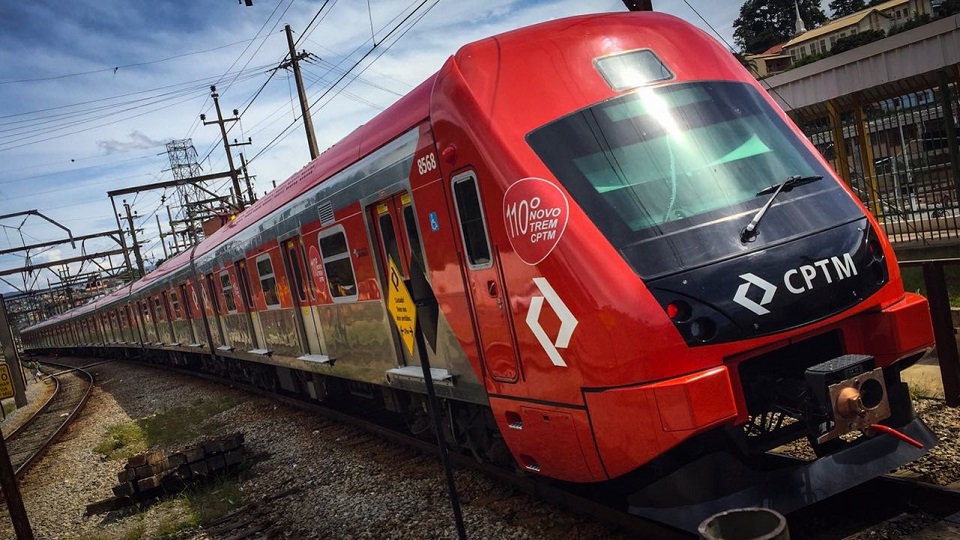1292 results found
Featured results



More results

The Five Case Model guidance provides an approach to preparing business cases for infrastructure projects.

Most infrastructure investment plans and government policies rely on the delivery of projects and programs. To achieve these and unlock the real benefits of infrastructure, it is vital that projects and programs are delivered well.
The Global Infrastructure Hub (GI Hub) and Sustainable Infrastructure Foundation (SIF) signed a Memorandum of Understanding (MoU) today to foster their cooperation and collaboration in the area of global infrastructure development.
In June 2016, under Japanese presidency, G7 Leaders endorsed G7 Ise- Shima Principles for Promoting Quality Infrastructure Investment, which has crystalized as definition of quality infrastructure investment.

G20 finance ministers and central bank governors developed a set of leading practices to promote and prioritize quality infrastructure investment.

Well-planned and prioritised infrastructure investment improves productivity, engenders competitiveness and contributes to long-term sustainable economic growth. Nevertheless, the extent of realising these benefits from infrastructure investment varies considerably across sectors, by regions and by level of regulatory and institutional maturity.
The PPP Screening Tools is for preliminary screening of projects to determine their potential suitability for PPP procurement.

This certification program aims to enhance PPP performance globally. Individuals awarded the Certified PPP Professional (CP3P) credential demonstrate to peers that their abilities align with global PPP good practices.

The purpose of these principles is to help government work with private sector partners to finance and bring to fruition projects in areas of vital economic importance, such as transport, water and power supply and telecommunications.

PPP online courses provide an understanding of the key principles of PPPs and the role of PPPs in the delivery of infrastructure services, particularly in emerging markets.

The EIB Group is committed to continue maintaining a stringent policy against tax fraud, tax evasion, tax avoidance as well as money laundering and terrorism financing.

Inadequate financing for project preparation can result in projects being taken to procurement without the requisite readiness, which can lead to cost and time overruns during implementation, or a project that is not well-suited to the needs of the public.
sustainABLE is a free online platform modelled on research jointly published by UNOPS and the University of Oxford-led Infrastructure Transitions Research Consortium. The extensive research explored the critical role of infrastructure in achieving the SDGs. The tool aims to advance the SDGs by promoting practical measures that encourage project sustainability across a broad range of sectors.

This paper provides reflections and considerations as to how MDBs including the IDB can use the Project Preparation Facilities (PPFs) to help countries fill the infrastructure gap by improving the quality of projects, reducing and mitigating risks, and leveraging private financing.

The Navigator – a web-based platform – helps project teams, public authorities and financiers to find the right sustainable infrastructure tool from amongst 50+ rating systems, high-level principles and guidelines.

The Infrastructure and Projects Authority (IPA) is developing a new top-down benchmarking methodology, which will be used to encourage better and more consistent benchmarking across infrastructure projects among both government departments and client organisations.

This PPIAF-funded report aims to discuss and disseminate information on how Islamic finance has been applied in infrastructure projects through PPP schemes, what the structural challenges and solutions are, and what can be done to deepen and maximise the use of Islamic finance for this purpose.

This handbook synthesises and disseminates knowledge to inform the planning, implementation, and operations of urban rail projects.









 Project Preparation Tool
Project Preparation Tool



